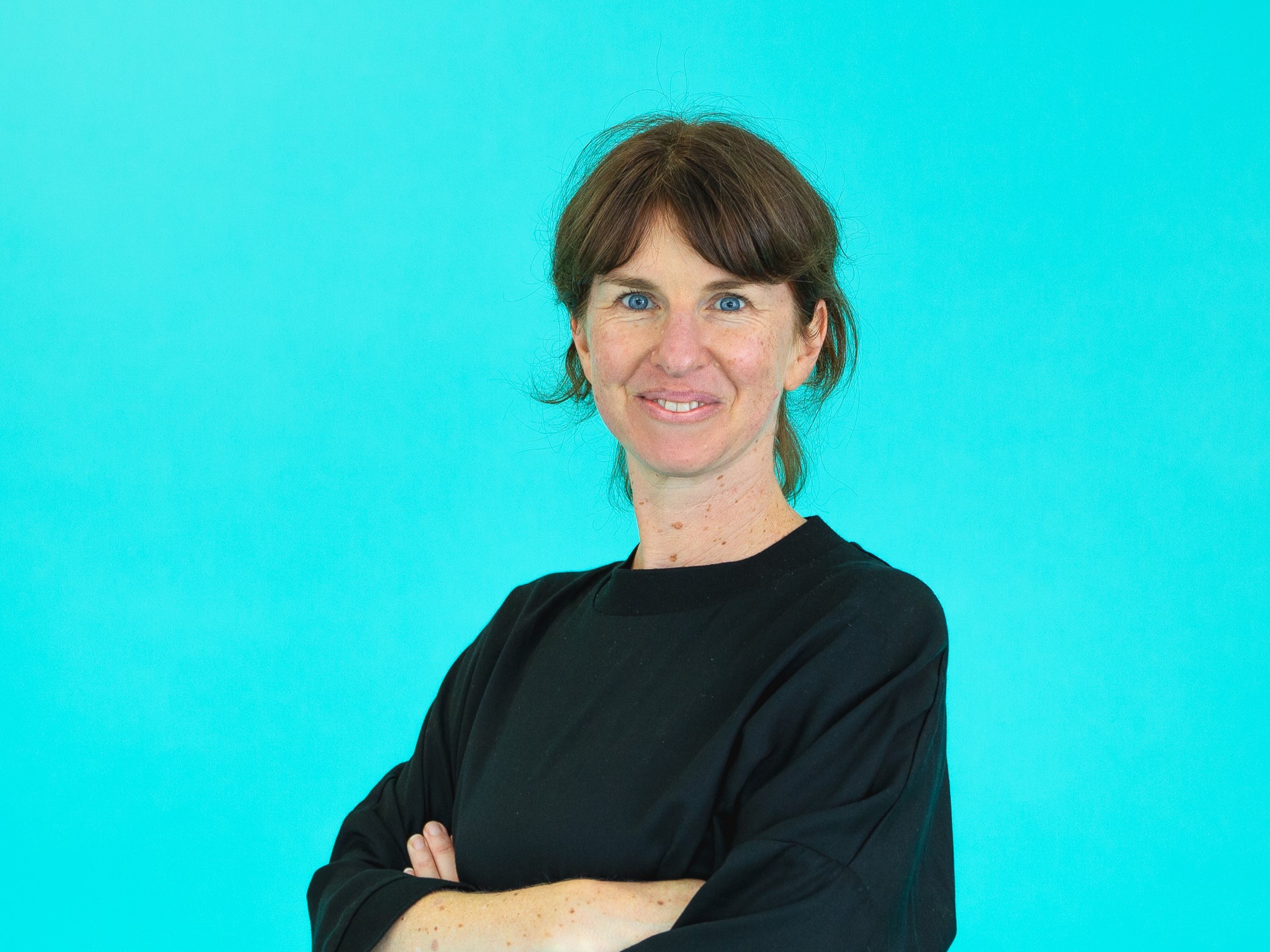Few people realise many of the goods and services they buy may be linked to cases of modern slavery within their supply chain. And equally few people realise the power we all have to take action against it.
“Modern slavery’s an umbrella term for situations where there's exploitation of a person and they are unable to refuse or leave work,’ says Criggy Haas, Meridian Sustainability Lead.
“It includes situations where coercion, deception or threats are used and includes human trafficking, forced labour, the worst forms of child labour, and where people are forced to work to pay off debt. Ultimately it comes down to removing someone’s freedom to say no to bad work.”
An estimated 50 million people worldwide are affected by modern slavery - more than half of them living in forced labour conditions. And New Zealand isn’t immune – in 2021 the Walk Free Foundation estimated around 8000 people were living in modern slavery here.
“That’s nearly two people in every thousand caught up in modern slavery in our own country, which I think is shocking,” says Criggy. “And another way we’re all connected to modern slavery risk is through the global supply chains we’re part of.”
It’s an issue that businesses can help increase awareness of by understanding their contacts, assessing potential risks and taking actions to reduce them.
“So, for Meridian, our supplier code of conduct includes clear expectations around ethical business and social responsibility, because who you work with matters. Every couple of years we make sure we're focusing on the right areas by undertaking a risk assessment and identifying the highest risk procurement categories. We’ve included what we’ve learned some of the key drivers to be, such as high-risk countries, worker populations that are more vulnerable, and goods and services known to be higher risk, so when we go out to market, we’re asking targeted questions. We’re also know that this is a journey, and we’ll continue to learn and adapt our approach over time.
“The construction sector’s driven by extensive international supply chains, with high demand for base-skilled labour and a reliance on raw materials. There are also higher-risk materials. Cobalt, for example, is a key metal in lithium-ion batteries and has been associated with forced labour practices in countries such as the Democratic Republic of Congo.
“We ask all our suppliers within high-risk categories to complete a modern slavery questionnaire, so we can have greater understanding about what they're doing - their employment agreements, policies, audit and governance practice… it all helps inform our decision about whether to work with them or not.”
While businesses can put processes in place and improve their practices, consumers too can play a part.
“Don't be afraid to be curious and ask companies. Modern slavery’s an uncomfortable term, because it feels like it's from another era, but we’re talking about keeping people safe – often those who are most vulnerable - so it’s important to ask. I’d encourage framing it in a way that you feel comfortable with, but doing so in a way that makes companies aware you're paying attention and have a legitimate interest in their answer.”
Read Meridian’s Modern Slavery Statement
The role of businesses and consumers in tackling modern slavery

Criggy Haas, Sustainability Lead, Meridian Energy